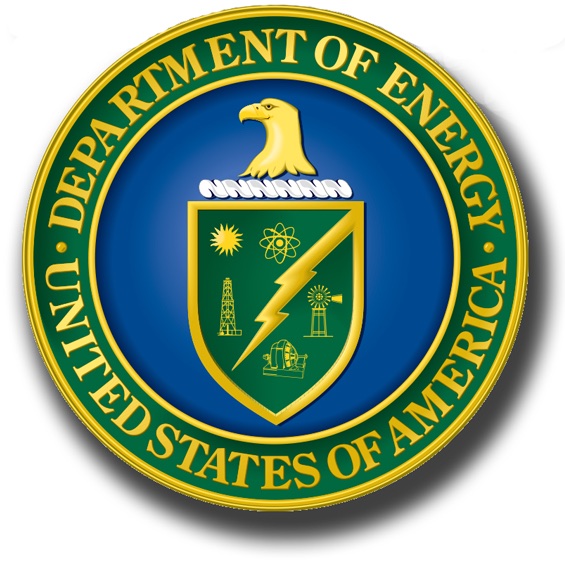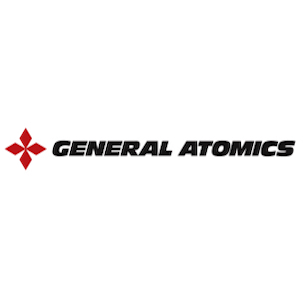Tracking of Current and Rotation Profile Evolution in the DIII-D Tokamak via System Identification
W. Wehner, E. Schuster, M. L. Walker, D. A. Humphreys, Y. In
Division of Plasma Physics (DPP) Annual Meeting of the American Physical Society (APS)
Chicago, Illinois, November 8-12, 2010
|
Abstract
|

|
Transport theories produce nonlinear models based on partial
differential equations (PDEs) whose complexity often renders them
difficult to use for control design. As an alternative, data-driven
modeling techniques involving system identification have the potential
to obtain practical, low-complexity, dynamic models for the control of
plasma systems. The plasma dynamics is first assumed to be governed by
a tractable model with unknown and to-be-estimated transport
coefficients. After discretizing both in space and time, the system
states and to-be- estimated coefficients are combined into an
augmented state vector. The resulting nonlinear state-space model is
used for the design of an extended Kalman filter that provides
real-time estimates not only of the system states but also of the
unknown transport coefficients required by the current and rotation
feedback controllers.








